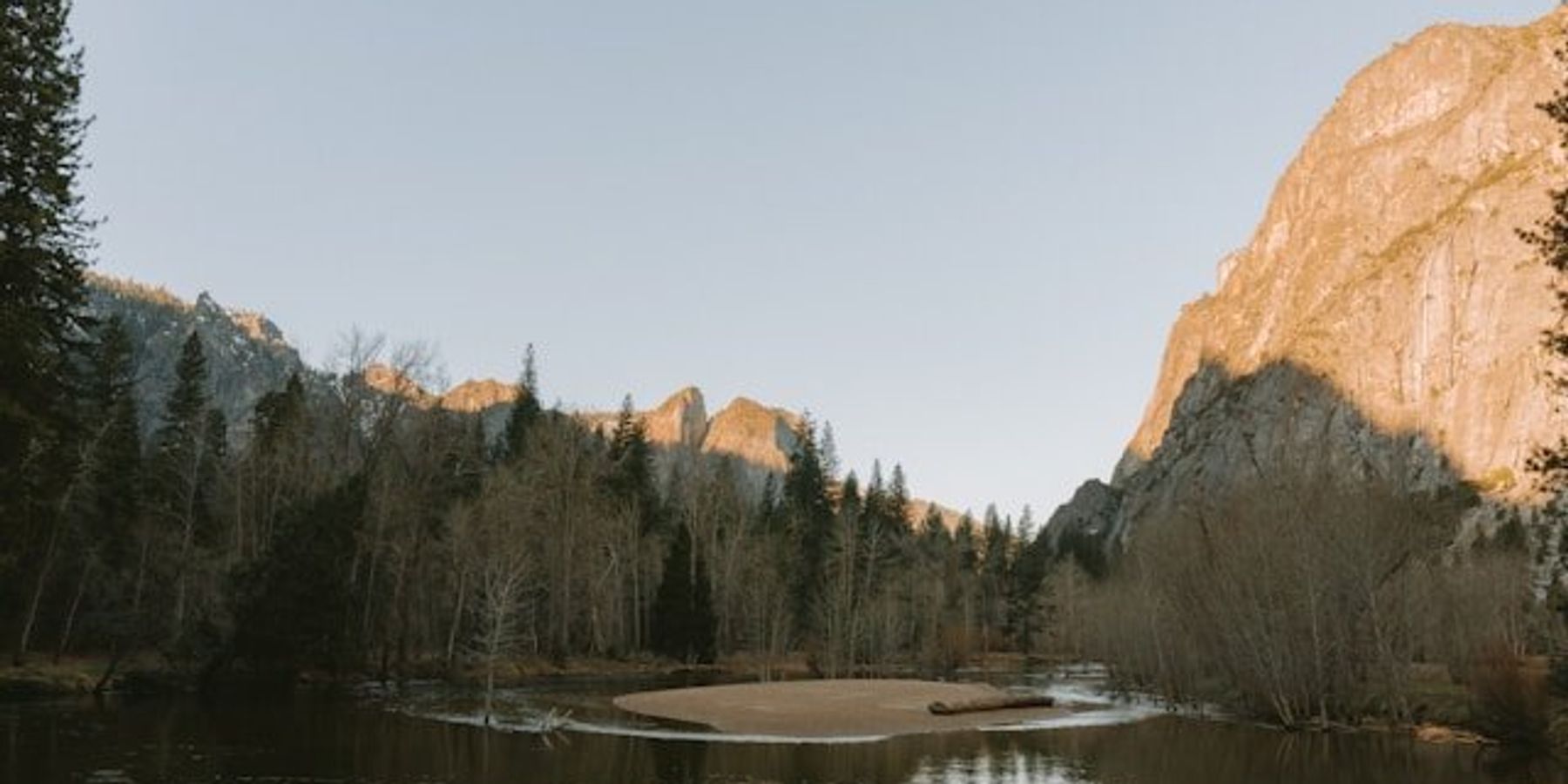
Arizona cities form alliance to defend Colorado River water amid deepening drought
Arizona mayors from across the state have launched a new coalition to push back against looming water cuts from the Colorado River, warning that current negotiations could leave their communities at risk.
Wyatt Myskow reports for Inside Climate News.
In short:
- More than 20 Arizona municipalities and the Central Arizona Project (CAP) formed the Coalition for Protecting Arizona’s Lifeline to defend the state’s access to Colorado River water as negotiations among seven western states remain gridlocked.
- The Colorado River, already strained by more than two decades of drought and climate-driven aridification, faces renewed shortages, with Arizona set to lose 18% of its supply next year.
- State leaders argue that Arizona has already taken major conservation steps, and they want other states — especially those in the Upper Basin — to shoulder more of the burden as the 2026 deadline for new water use guidelines approaches.
Key quote:
“Any dramatic reallocation of Colorado River water that CAP delivers will present a threat to Arizona.”
— Brenda Burman, general manager of the Central Arizona Project
Why this matters:
The Colorado River supports 40 million people across seven U.S. states and Mexico, but the system is buckling under the weight of overallocation and worsening climate conditions. Declining snowpack and rising temperatures have reduced flows, while legal agreements based on outdated water assumptions have made cooperation harder. Arizona, home to booming cities and major agricultural operations, depends heavily on water piped in from hundreds of miles away. As the federal government prepares to set new rules by 2026, disagreements between Upper and Lower Basin states threaten to upend water access for millions. Without compromise, the conflict could spill into the courts, delaying any real progress as reservoirs like Lake Powell inch closer to dead pool levels.
Read more: Trump administration backs desert groundwater project to ease Colorado River strain













